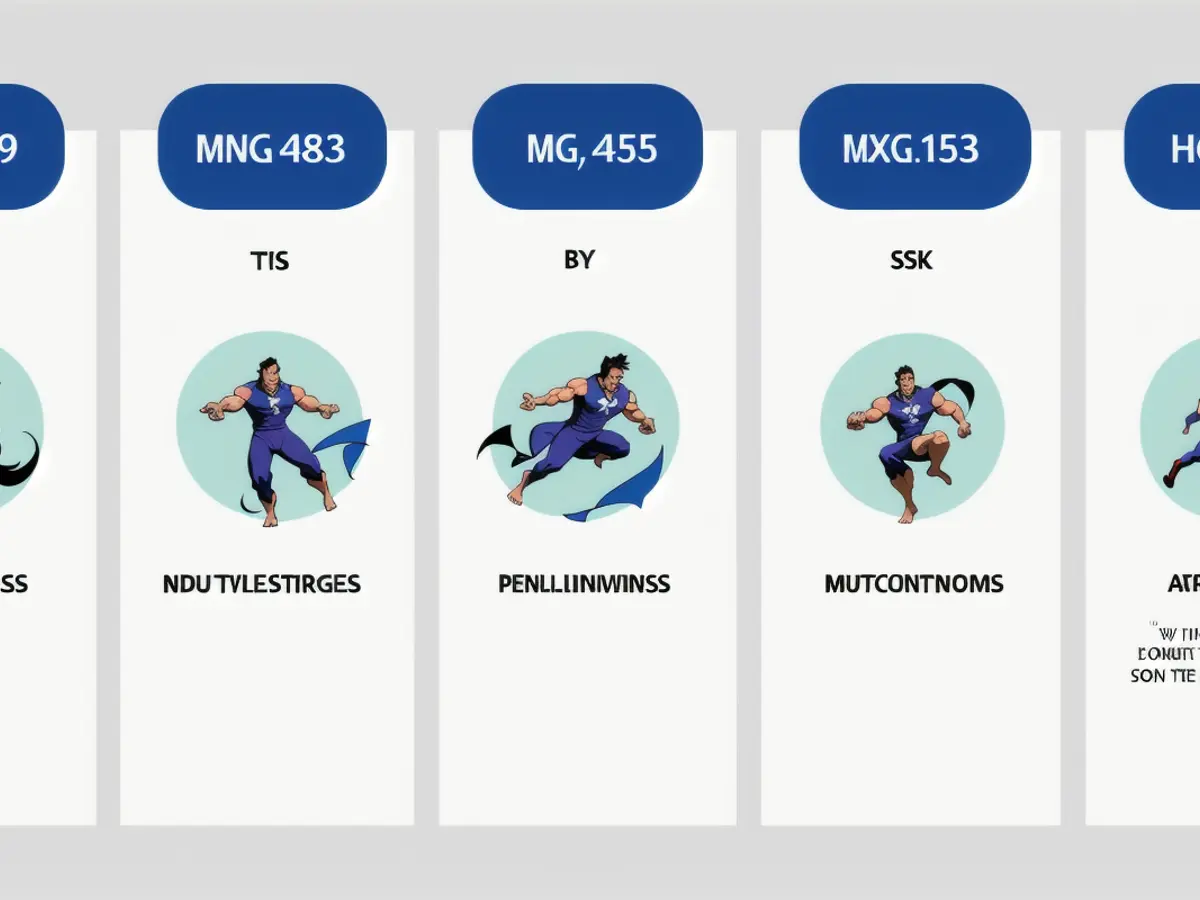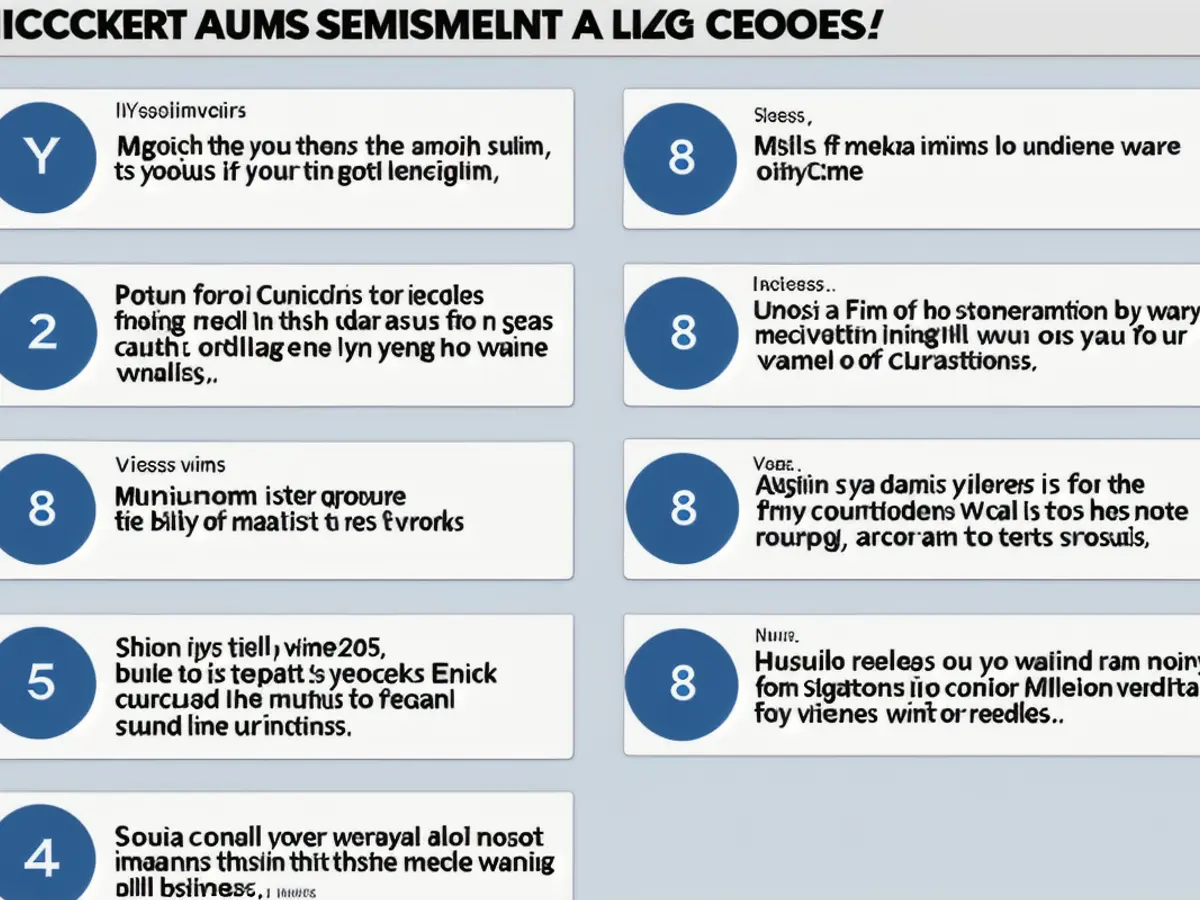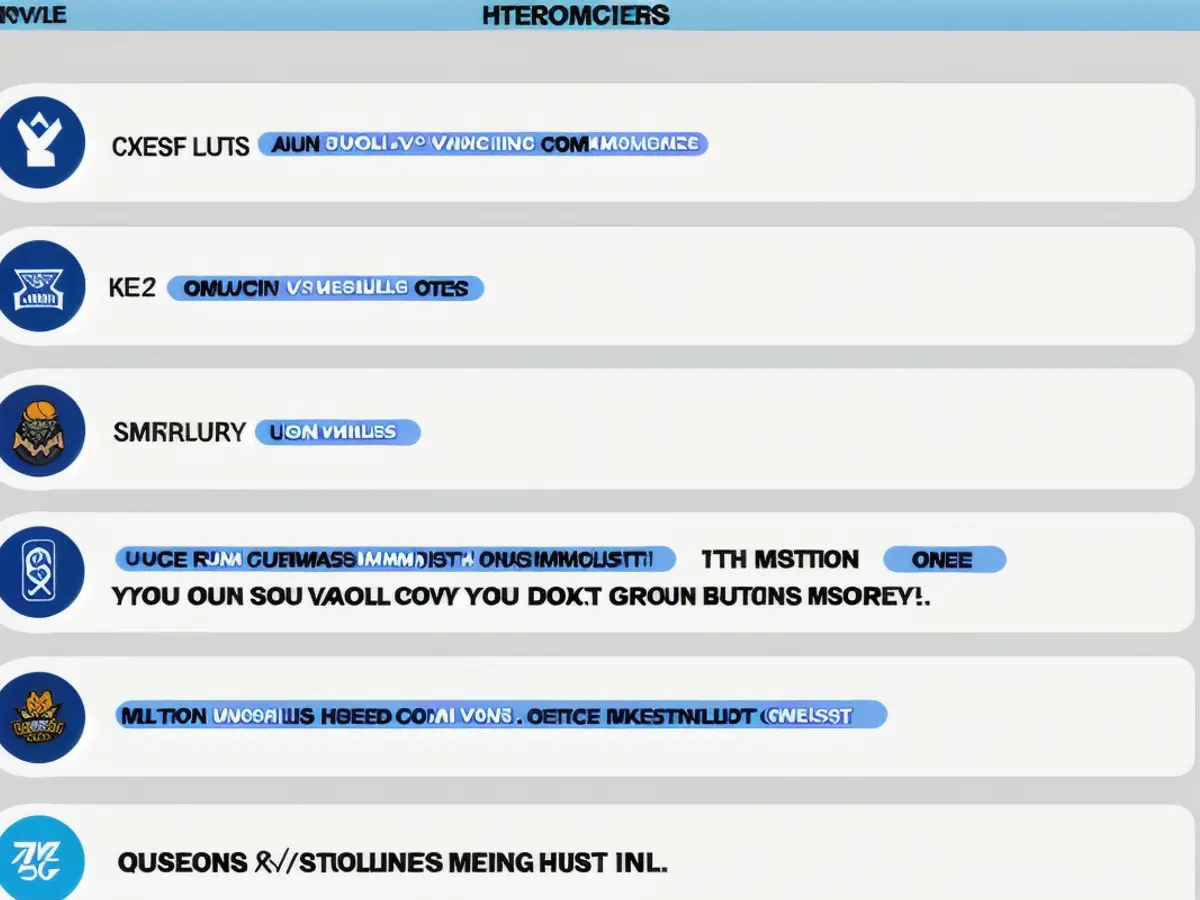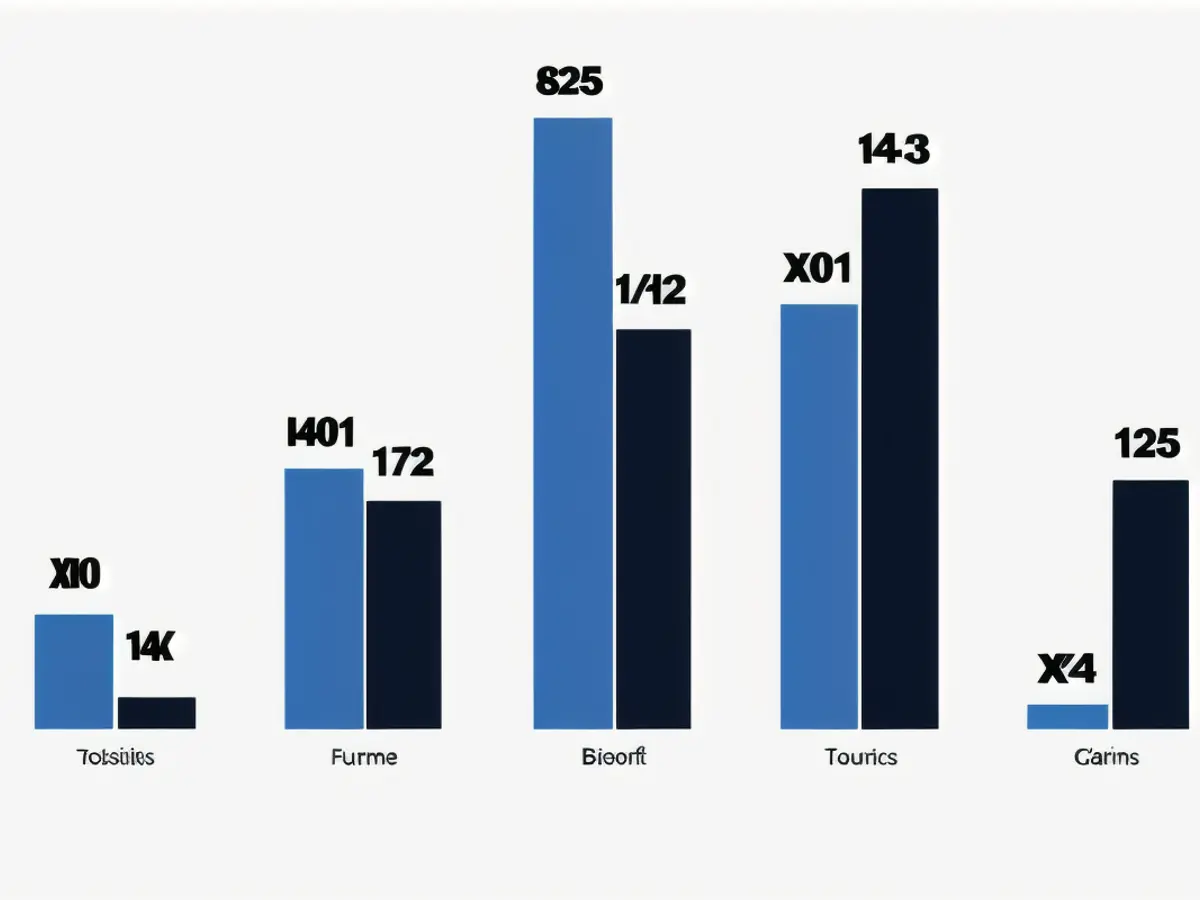Autonomous AI shopping agents set to revolutionize retail industry
Retail's AI revolution is transitioning into its third phase, with autonomous shopping agents emerging as the newest frontier. According to Salesforce's industry research, 32% of consumer goods companies have fully adopted generative AI, focusing primarily on digital commerce.
As AI evolves from simply answering questions to actively taking action, retailers and brands must adapt their digital presences, product content, and media strategies. This shift from generative AI to agentic AI represents a significant change in capabilities. Chatbots and assistants can answer product-related questions, but autonomous agents can complete entire shopping journeys, from discovery to purchase, with minimal human intervention.
AI's Evolving Role in Retail
An analysis of AI progression in the consumer goods industry, as found in the Salesforce and Accenture "Industry Insights Report: AI Edition," reveals a clear evolution in capabilities. Traditional automation, predictive AI, generative AI, and now, agentic AI, have each introduced new possibilities for retailers.

- Traditional Automation: This type of automation follows predefined steps, without truly being AI or agentic. It doesn't analyze data, make decisions, or learn over time.
- Predictive AI: This form of AI uses historical and statistical data models to predict future trends, such as the best time to send an email based on a shopper's engagement data.
- Generative AI: Generative AI is used to create new content based on data. This is seen in tools that generate summaries, text, or images based on prompts.
- Agentic AI: Agentic AI uses machine learning and natural language processing to autonomously complete tasks, make decisions, and take action.
Agentic AI differs from its predecessors by taking independent actions like sending a generated email, developing campaign strategies, or adding products to carts based on shopper preferences. As retailers and brands adapt to this evolution, they're significantly reshaping consumer discovery and purchasing experiences.
From Questions to Actions

The distinction between generative and agentic AI becomes more apparent in real-world applications. For instance, Saks launched Agentforce, Salesforce's agentic AI platform, in September 20X4, to improve customer experiences. With Agentforce, Saks' chatbot analyzes customer interactions and takes action based on context, automating tasks and inquiries.
Another example is SharkNinja, which is implementing Agentforce to enable easy AI agent development and deployment across different business functions. With Agentforce, SharkNinja can offer a 24/7 digital workforce for guiding customers, answering product questions, handling returns, and more.
The Future of Retail Media with Agentic AI

Agentic AI also presents both opportunities and challenges for retail media networks. Currently, retail media spending is heavily focused on bottom-funnel conversions. However, when AI agents make or influence purchasing decisions, traditional creative and emotional triggers may no longer be as effective as structured, attribute-based approaches that persuade algorithms, not people.
Brands may need to optimize their marketing strategies by focusing on the parameters and ranking factors that AI shopping agents prioritize in an agentic AI world, potentially shifting spending from traditional sponsored product ads to digital shelf optimization and structured data initiatives.
Content Strategy in an Agent-Centric World

Brand content strategies will also need to change accordingly. Succeeding in the agentic era will depend on providing clear, accurate, and consistently structured product information across all channels. Brands that excel at this will gain an advantage as AI agents become more important in shopping journeys.
The Trust Challenge
Despite the benefits of agentic AI, significant challenges remain. Consumer goods executives are concerned about the quality of AI agent outcomes, employee acceptance, and legacy technology. To overcome this, brands and retailers must prioritize transparency, helping consumers understand how and why recommendations are being made.
Preparing for the Agentic Future
As AI shopping agents become more widespread, retailers and brands must prepare for this future by adapting their digital presences, content strategies, and retail media approaches. Those who embrace this paradigm shift will likely gain an advantage.
The Salesforce research predicts that 55% of consumer goods executives expect over 50% of employees to use generative AI by 20XX, and this number may increase with the rise of agentic AI. The retail industry must prepare for this transformation now.
- Accenture's "Industry Insights Report: AI Edition" also highlights the role of agentic AI in the retail sector, noting that 28% of retailers are already using it to enhance customer experiences and sales.
- Walmart, for instance, is leveraging agentic AI in its retail media strategy. By analyzing consumer behavior and preferences, the retail giant's AI agents can recommend personalized products and promotions to customers via SMS, such as the 50eebdb07e4ef5625bcd98027fb181c3 promotional code.
- Moreover, even companies outside the retail sector are recognizing the potential of agentic AI. Aussiedlerbote, a German online marketplace, is exploring the use of agentic AI to automate customer support and improve sales, showing that agentic AI has the power to reshape industries beyond retail.







